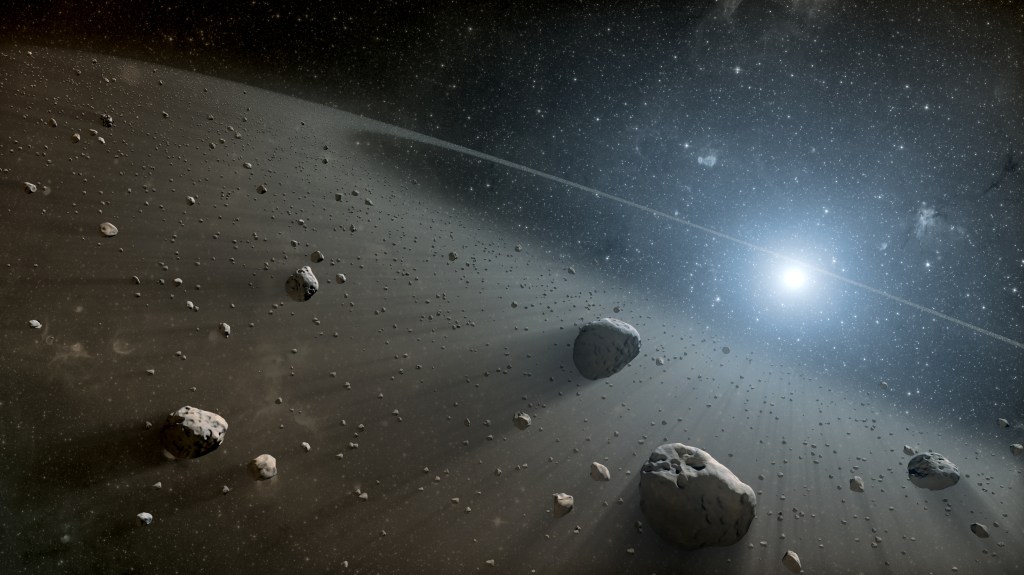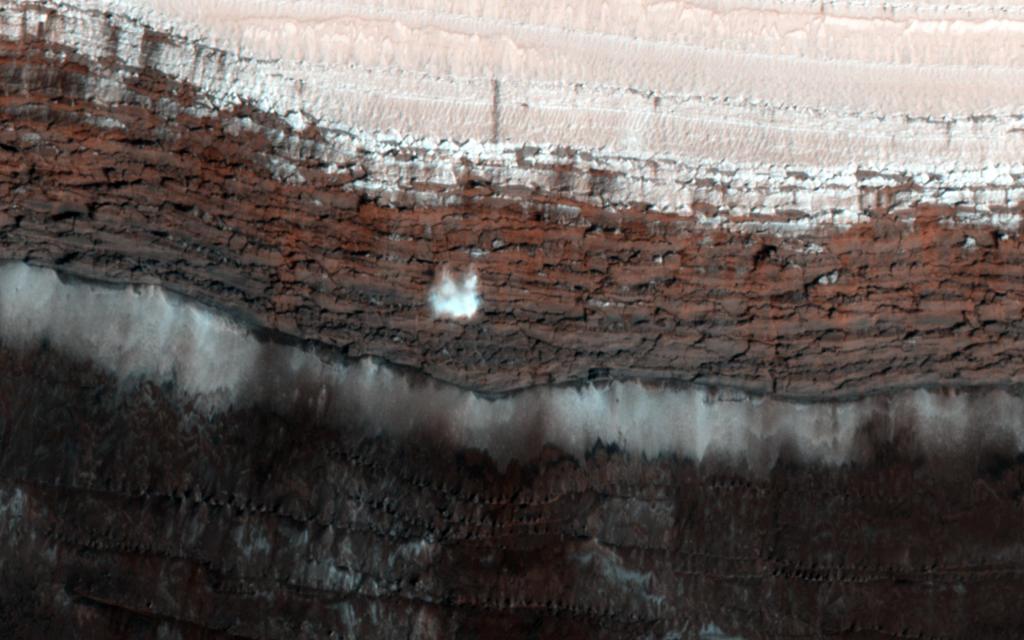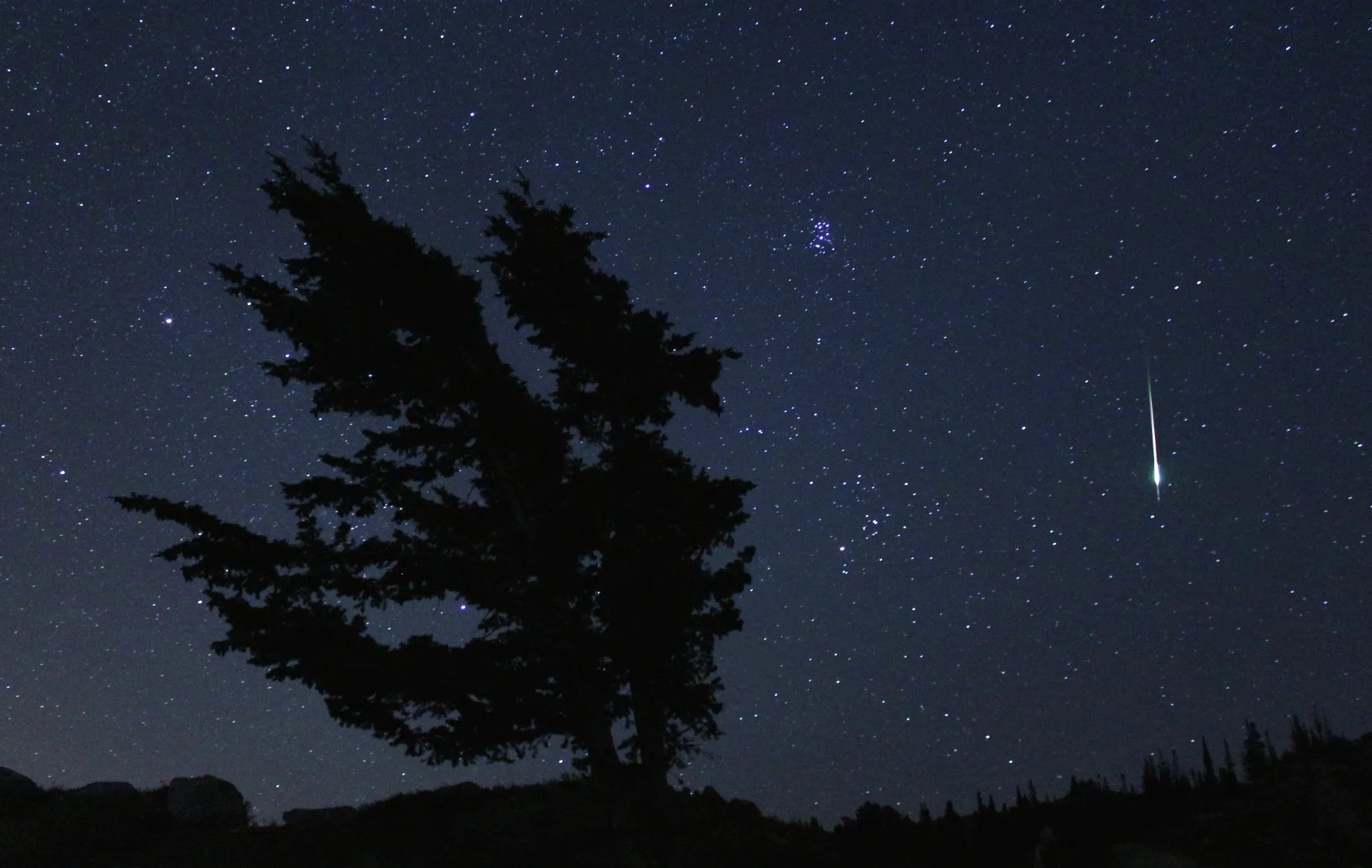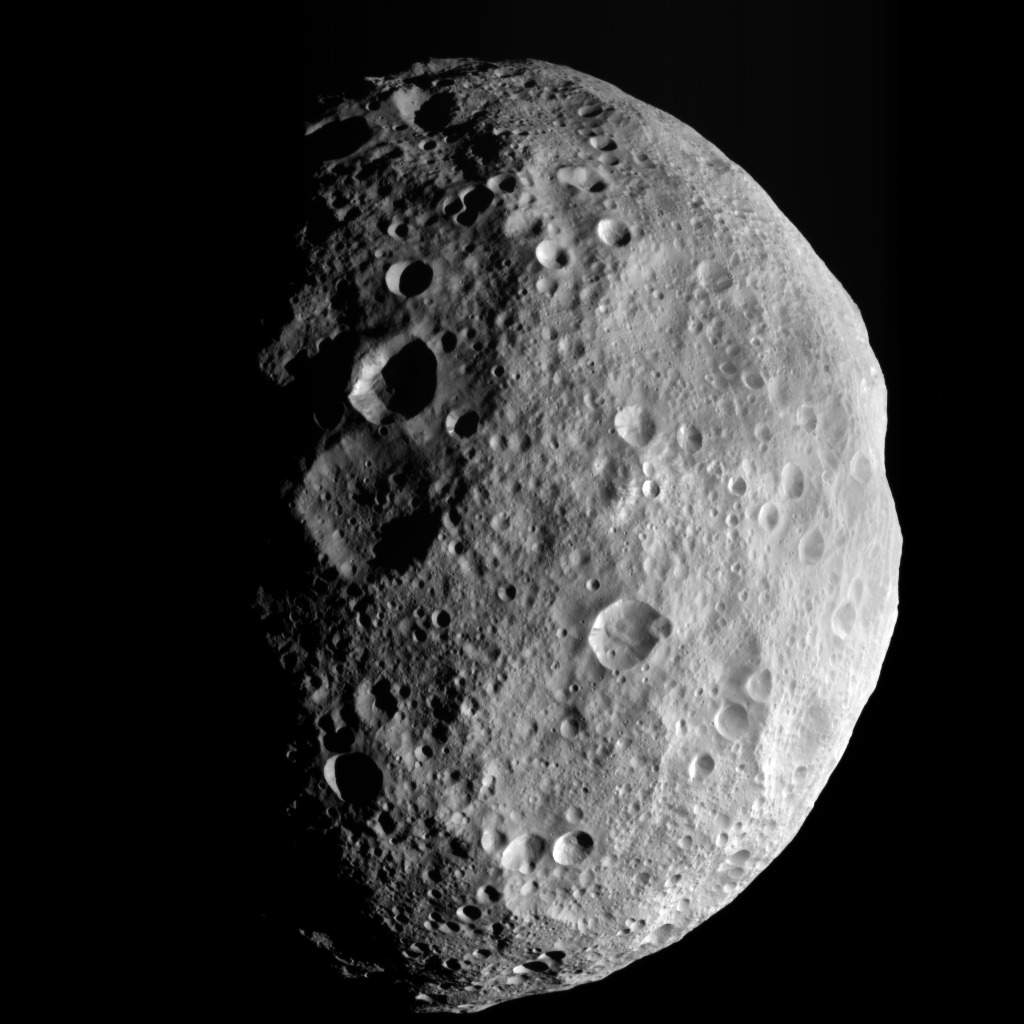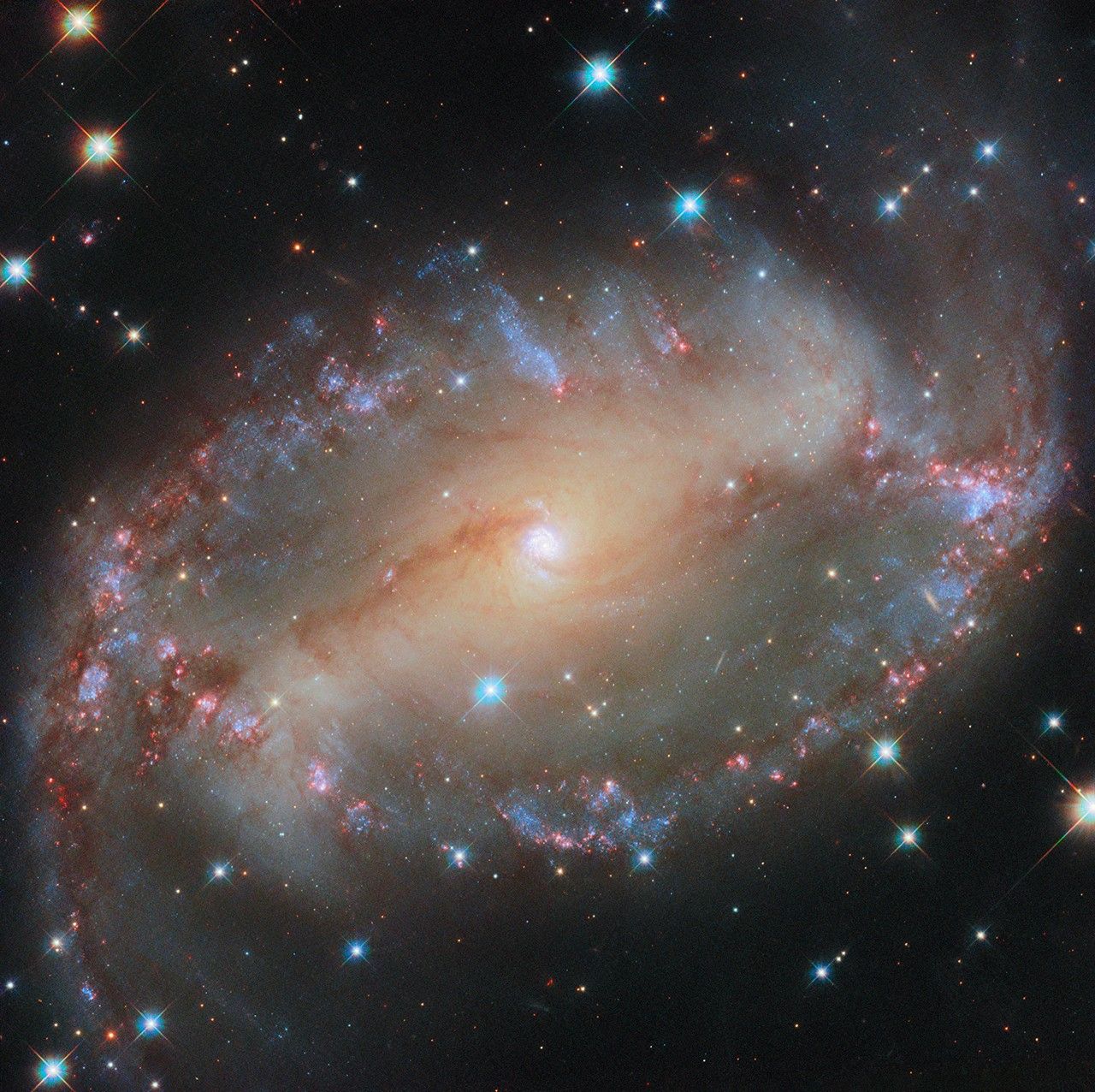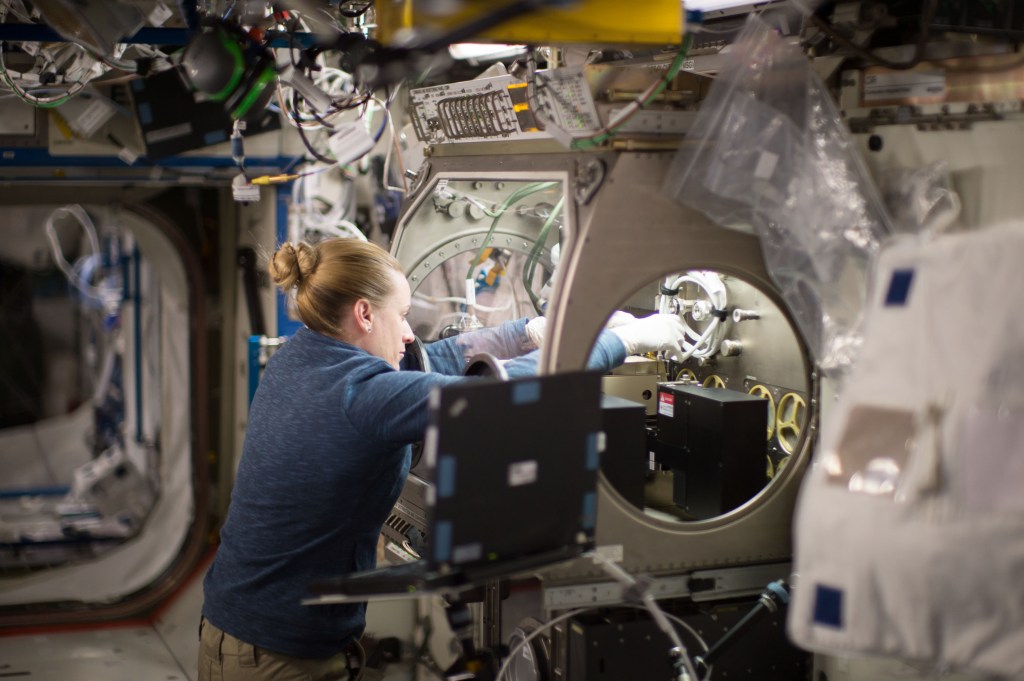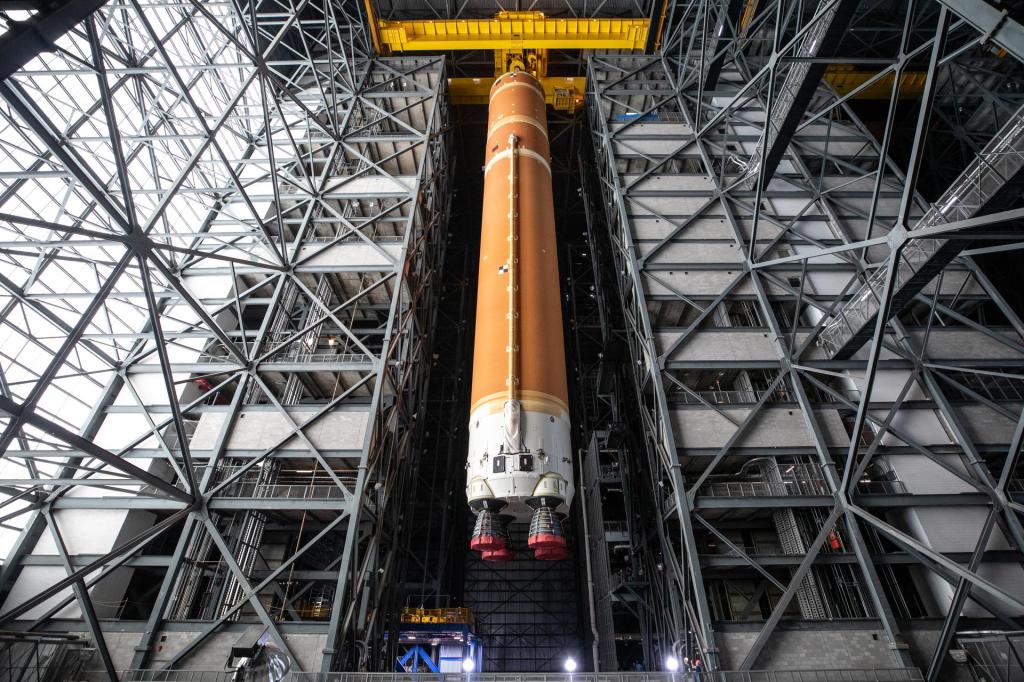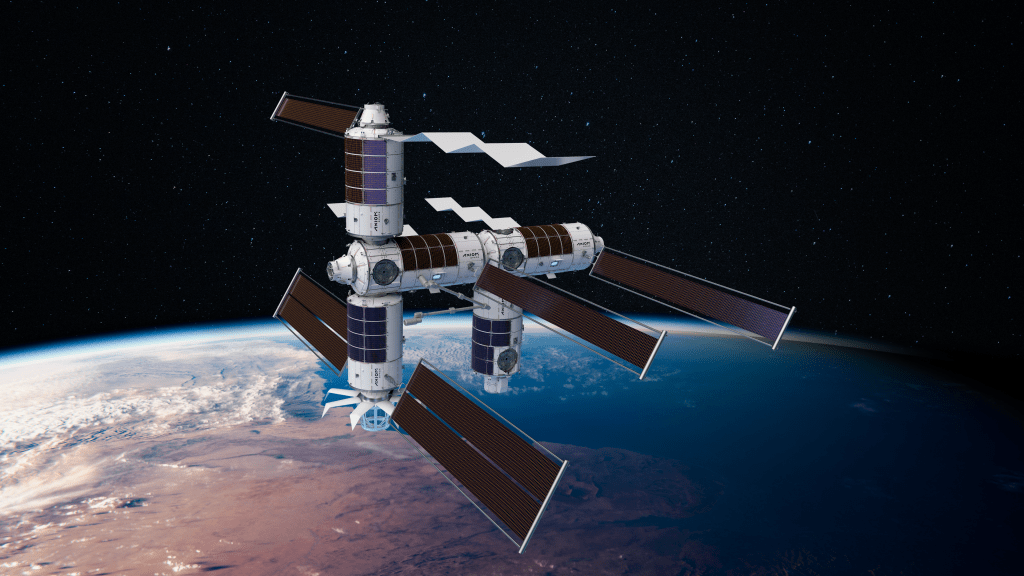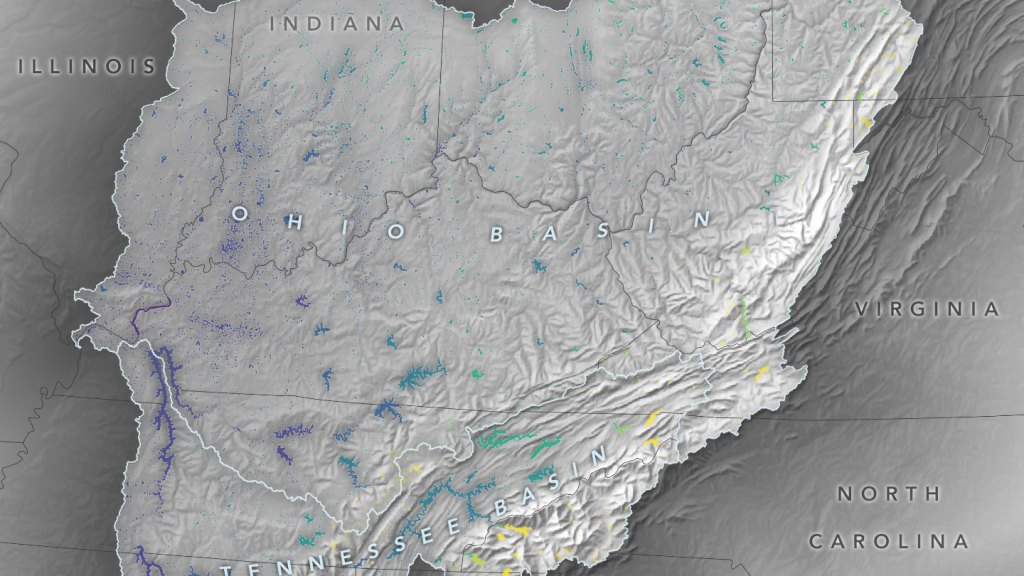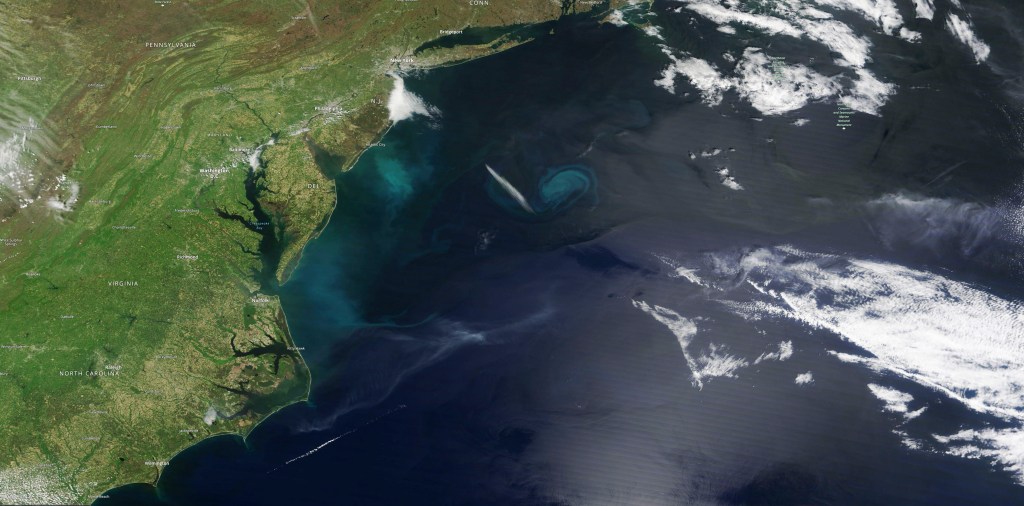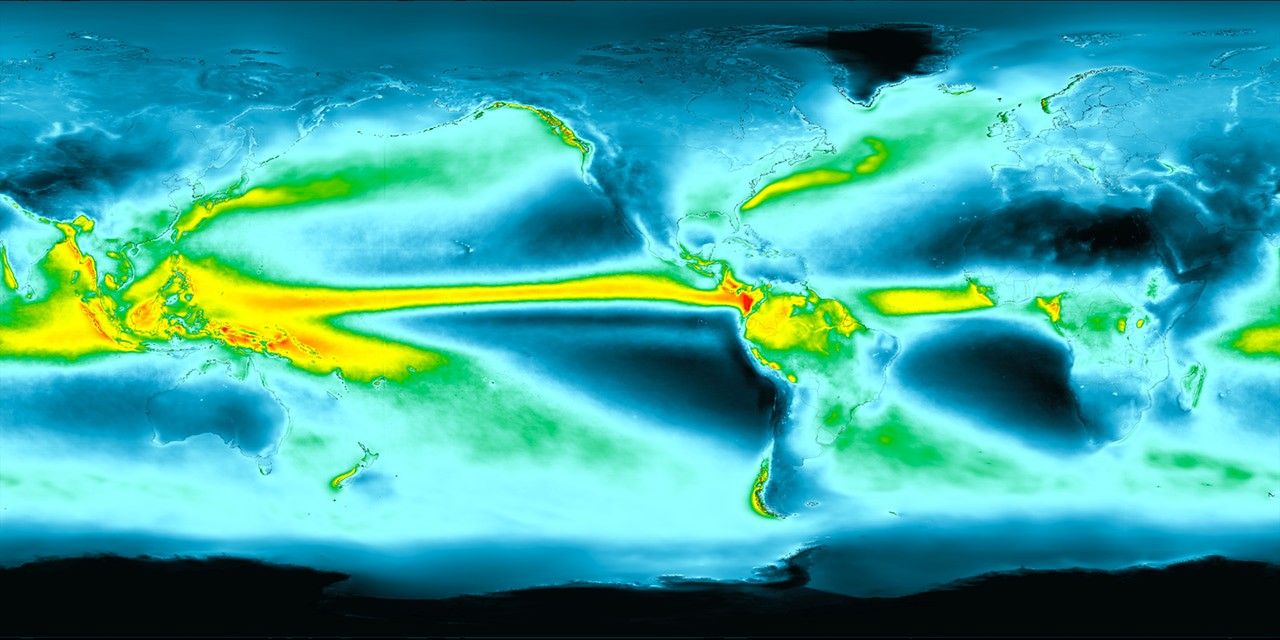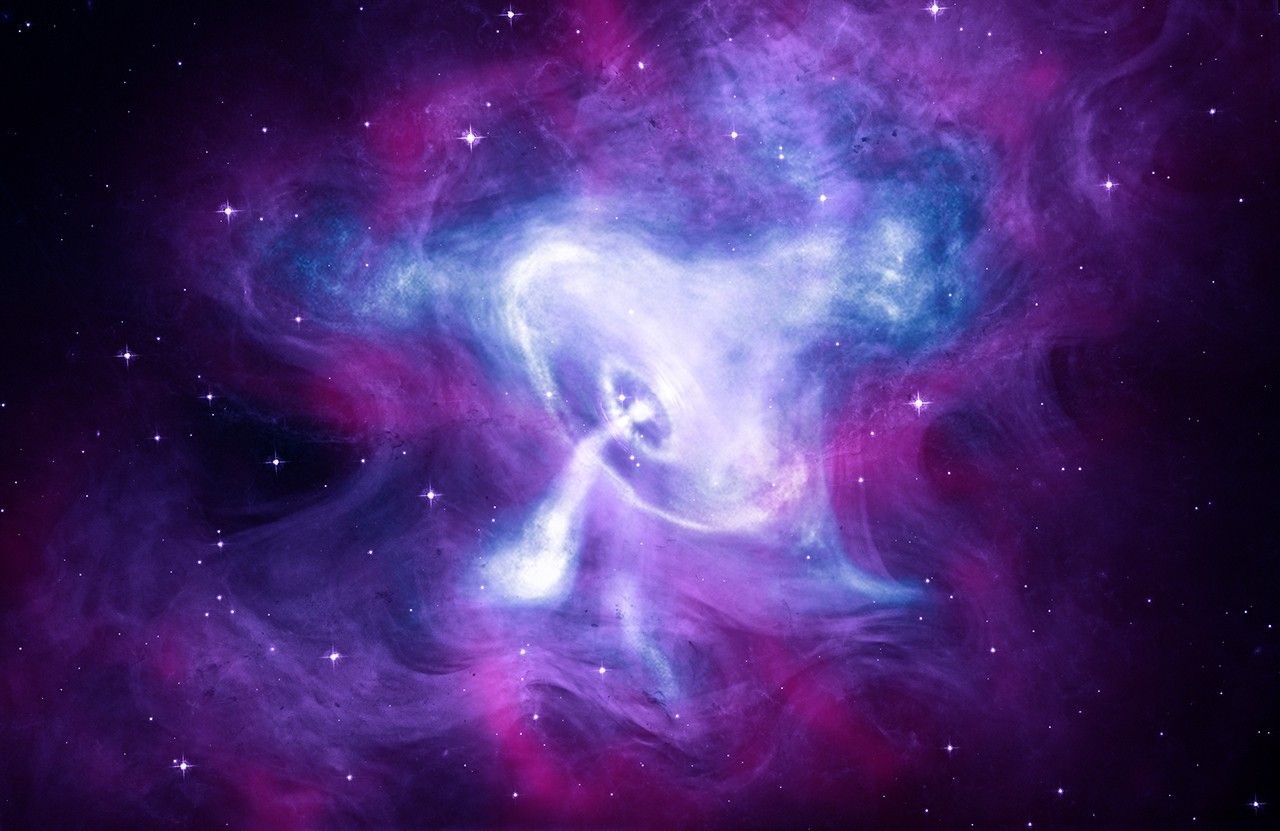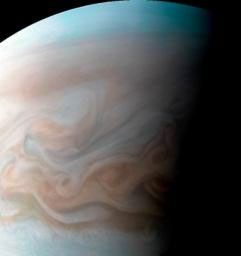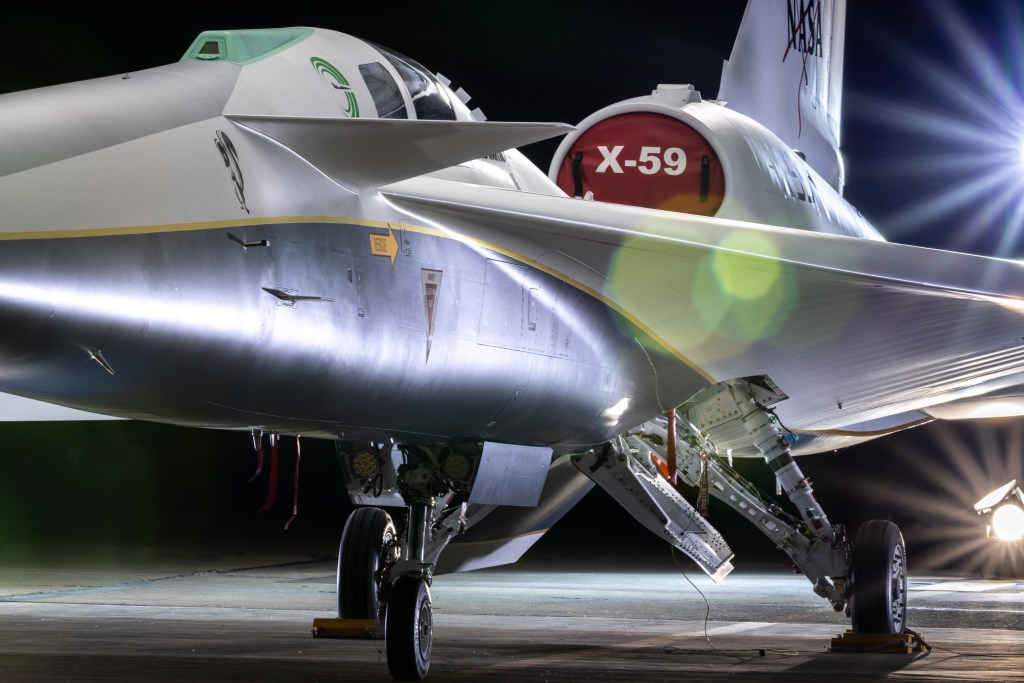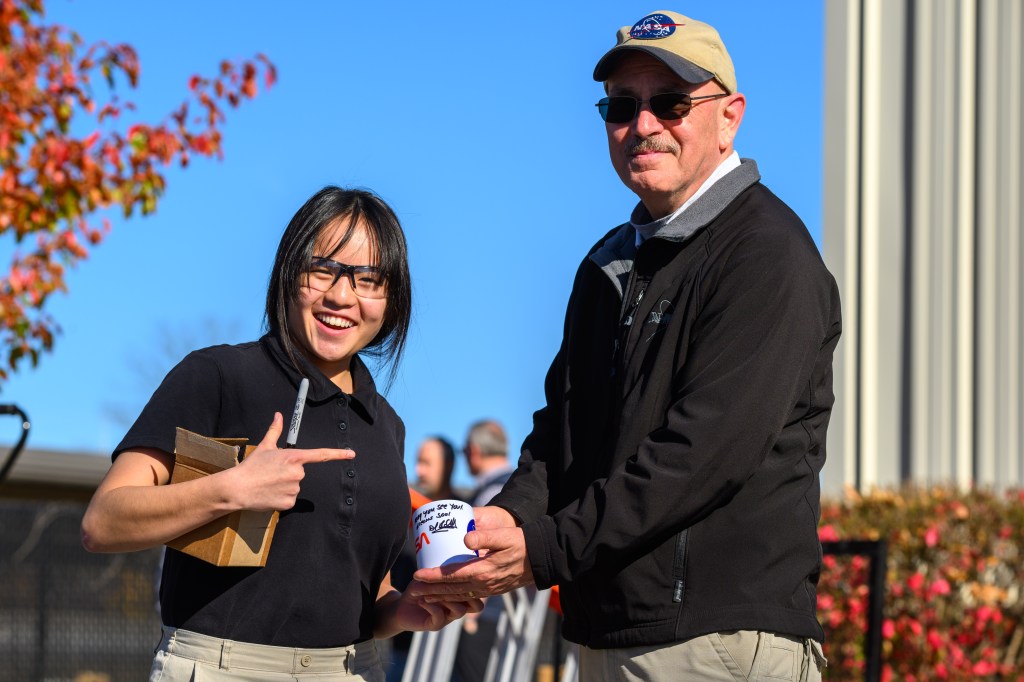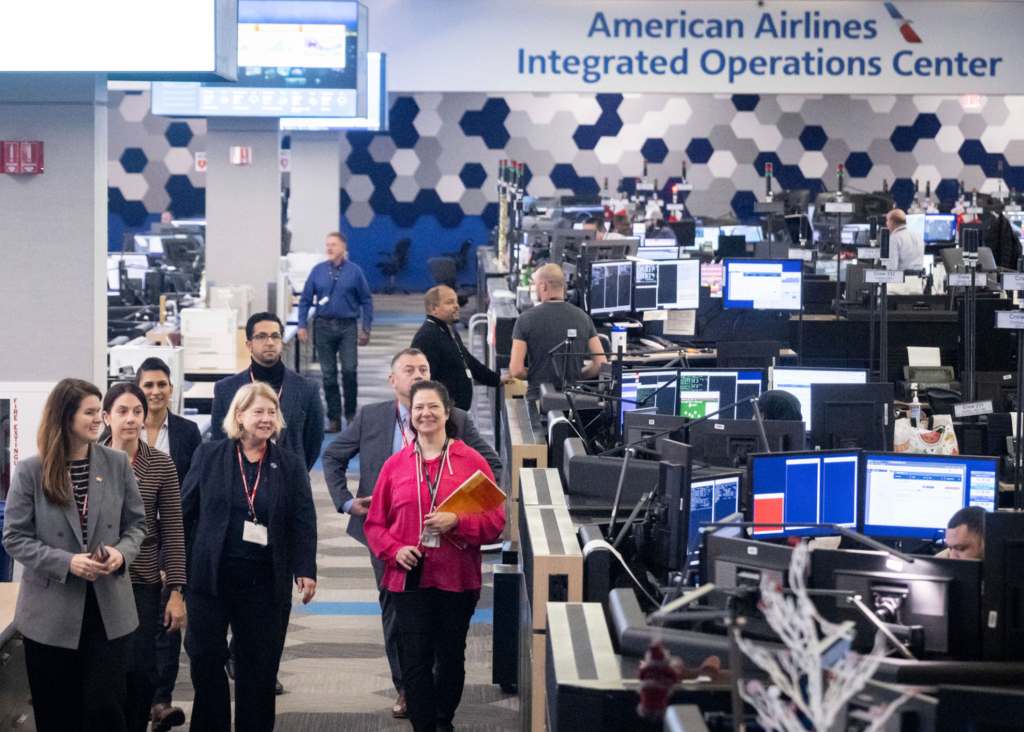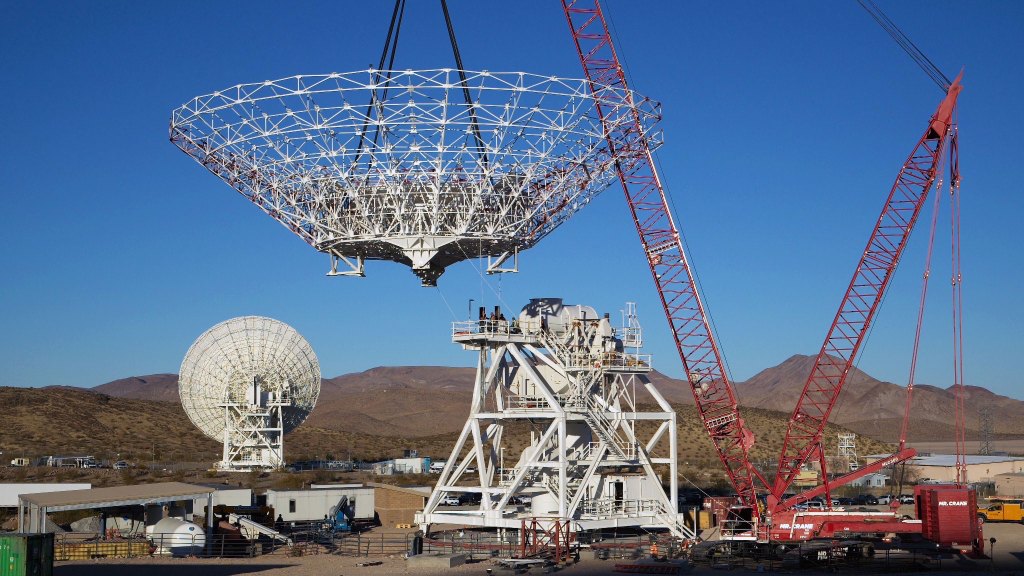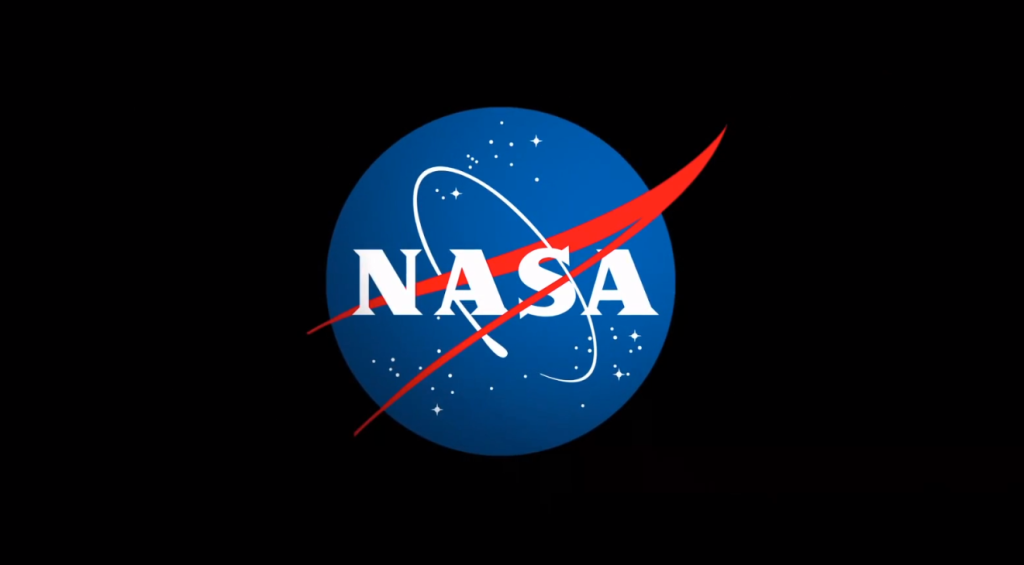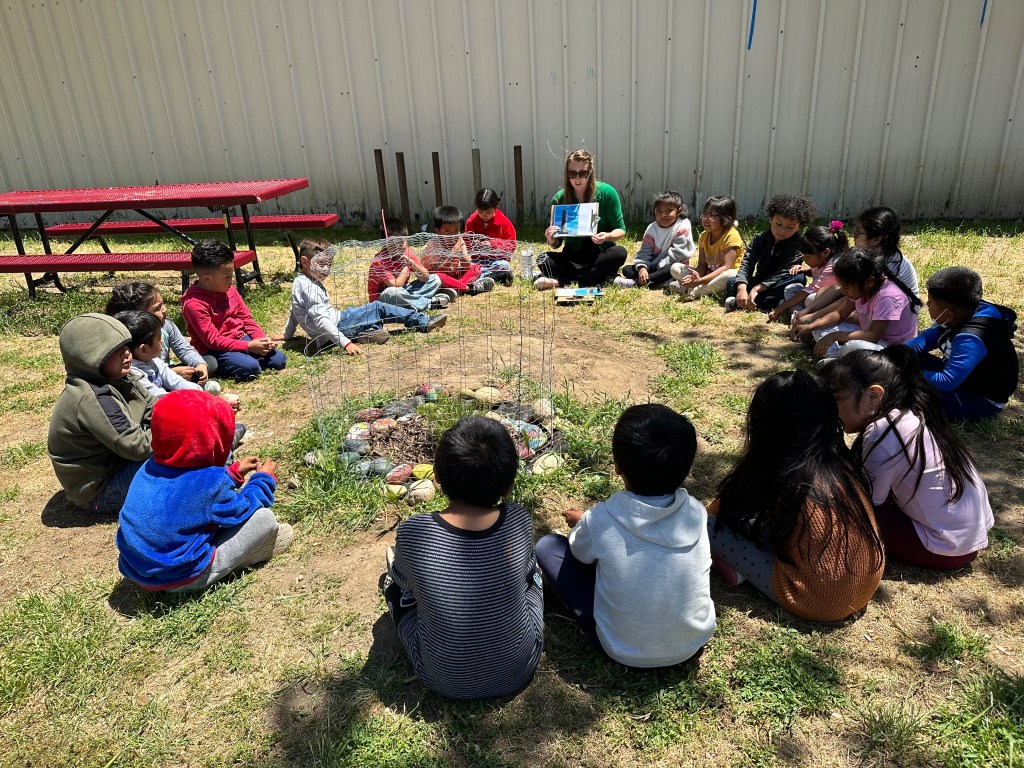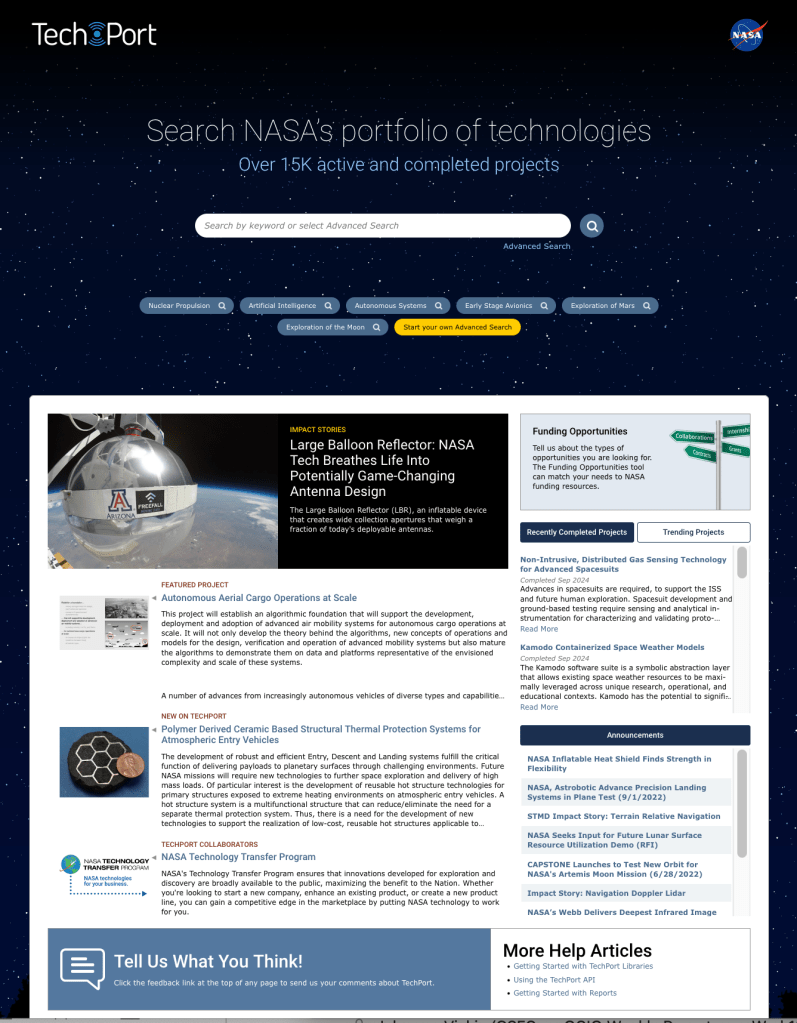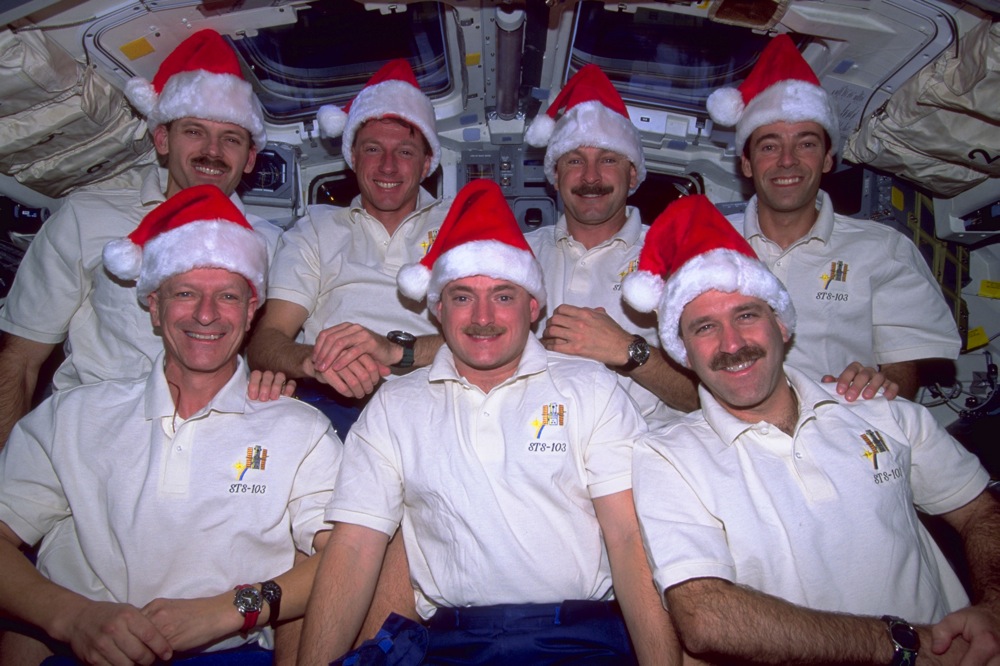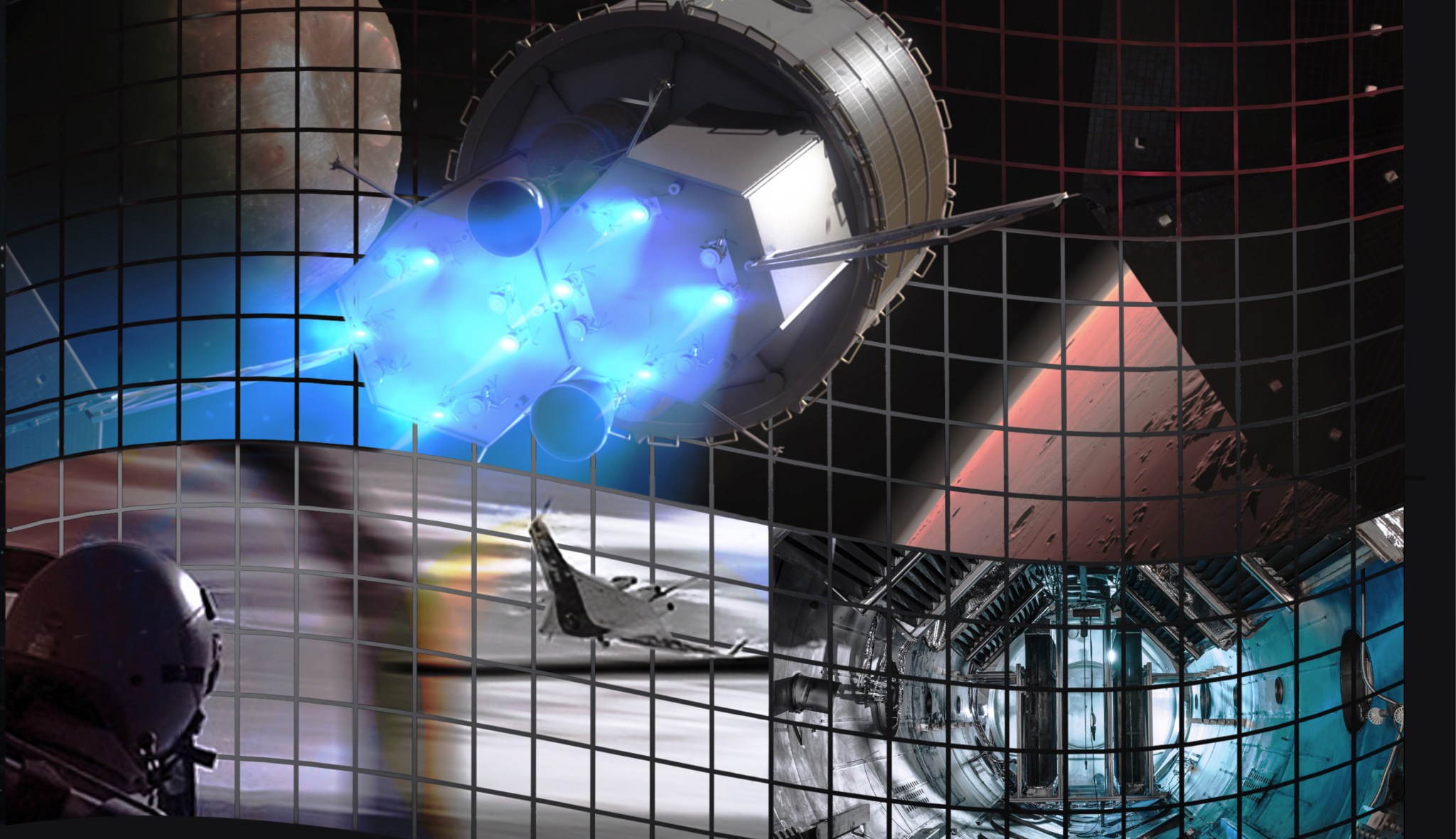NASA has selected 399 research and technology proposals from 259 American small businesses and 42 research institutions that will enable NASA’s future missions into deep space, while also benefiting the U.S. economy. The awards have a total value of approximately $49.7 million.
“These proposals represent the entrepreneurial spirit of small businesses that fuel our economy and create jobs on Main Street,” said Steve Jurczyk, associate administrator for the Space Technology Mission Directorate (STMD) at NASA Headquarters in Washington. “The dollar value of these innovation projects represents an investment in the American economy.”
Selected proposals will support the development of technologies in the areas of aeronautics, science, human exploration and operations, and space technology. A sampling of solicitations demonstrates the breadth of research and development these awards will fund, including:
- Innovative and feasible aeronautics concepts and technologies to enable efficiency of the Next Generation Air Transportation System while maintaining or improving safety and environmental acceptability.
- Life support and habitation technologies and equipment necessary to provide and maintain a livable environment within the pressurized cabin of crewed spacecraft. This includes environmental monitoring, solid waste management, crew accommodations and water recovery systems.
- Technologies to enable robotic exploration of the planets, their moons and other small bodies in our solar system, such as technologies for atmospheric entry, descent and landing; mobility systems; extreme environments technology; sample acquisition and preparation for in-situ experiments; and in-situ planetary science instruments.
- Advanced systems that generate power and store energy in space.
The agency received 1,278 proposals in response to its 2016 solicitation for its Small Business Innovation Research (SBIR) and Small Business Technology Transfer (STTR) Programs. From those, NASA selected 341 SBIR and 58 STTR Phase I proposals for contract negotiations.
Proposals were selected according to their technical merit and feasibility, in addition to the experience, qualifications and facilities of the submitting organization. Additional criteria included effectiveness of the work plan and commercial potential.
Small businesses create two out of every three jobs in the U.S. each year, and about half the American workforce either own or work for a small business. SBIR and STTR programs are competitive and awards-based programs that encourage these small businesses, as well as research institutions, to engage in federal research and development, and industrial commercialization by enabling them to explore technological potential and providing the incentive to profit from new commercial products and services. The awards span 39 states, the District of Columbia and Puerto Rico.
SBIR Phase I projects provide the opportunity to establish the scientific, technical and commercial merit and feasibility of a proposed innovation in fulfillment of NASA needs. Phase I projects receive six-month contracts valued at up to $125,000. SBIR Phase II projects are focused on the development, demonstration and delivery of the proposed Phase I innovation, last no more than two years and are valued at up to $750,000 per award. Phase III, or the commercialization of an innovation, may occur after successful completion of Phase II.
NASA’s Ames Research Center in Moffett Field, California, manages the SBIR and STTR Programs for NASA under STMD. STMD is innovating, developing, testing and flying hardware for use in NASA’s future missions.
For more information about NASA’s investment in space technology, visit:
https://www.nasa.gov/spacetech
-end-
Gina Anderson
Headquarters, Washington
202-358-1160
gina.n.anderson@nasa.gov
Kimberly Williams
Ames Research Center, Moffett Field, Calif.
650-604-4789
kimberly.k.williams@nasa.gov

